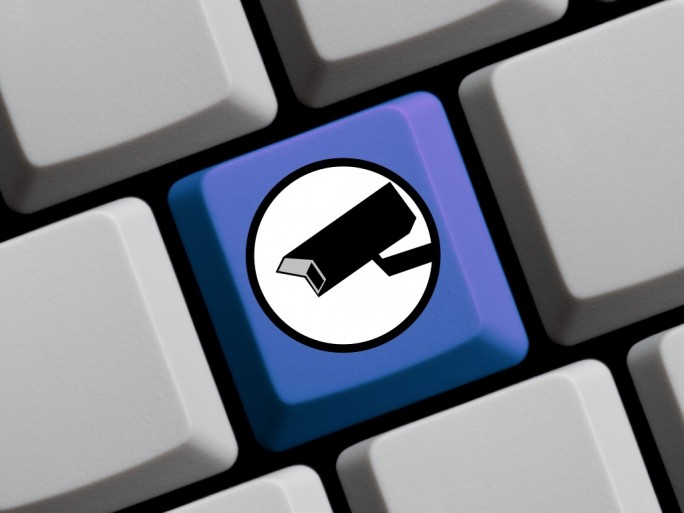Activists pressure BT to come out against ‘Snoopers’ Charter’

A long march to change the habits of a lifetime?
More than 69,000 SumOfUs members in the UK are calling on BT to “go on the record” against the newly released Investigatory Powers Bill, also known as the Snoopers’ Charter.
A petition is being used by the consumer and privacy activist group to put pressure on BT to come out against the government’s bill.
The Investigatory Powers Bill has already been condemned as a violation of consumer trust by technology and telecoms giants like Apple, Google, Facebook, Twitter, Yahoo!, Microsoft, Vodafone, EE and O2, said SumOfUs, which now wants the UK’s biggest telecoms provider to join suit.
 The proposed legislation would increase the UK state’s surveillance powers by “requiring telecoms companies to stop encrypting private user data”, said SumOfUs.
The proposed legislation would increase the UK state’s surveillance powers by “requiring telecoms companies to stop encrypting private user data”, said SumOfUs.
It would also require internet service providers to keep detailed records on users and open up user data to government officials “in violation of the European Convention on Human Rights”, said the organisation.
“With our private lives at risk, now is the time for BT to step up, join other leaders in the telecommunications space, and condemn home secretary [Theresa] May’s Investigatory Powers Bill as a cynical power grab, that erodes fundamental privacy protections guaranteed to every UK citizen,” said Hanna Thomas, campaign manager for SumOfUs.org.
 She added: “In the 1980s, BT was routinely pressurised by the British government to spy on entirely lawful citizens such as trade union and political activists. As one of the UK’s biggest telecommunications providers, now is the time for BT to stand with its customers and against this bill.”
She added: “In the 1980s, BT was routinely pressurised by the British government to spy on entirely lawful citizens such as trade union and political activists. As one of the UK’s biggest telecommunications providers, now is the time for BT to stand with its customers and against this bill.”
On that last point, BT was and isn’t “pressured” to glean the private data of citizens. It has an entirely separate department to do the job on demand. The phone tapping department was established by the old nationalised GPO (General Post Office), and transferred to BT after privatisation in the 1980s, with access from Special Branch continuing.
The Edward Snowden “revelations” from a couple of years ago “confirmed” that the access of the state into individuals’ private communications comprehensively continued into the internet era, with “data farming” fibre networks operated and managed by BT on the secret services’ behalf. Indeed, much of this state access into private communications was guaranteed before BT was allowed to become a private company.
@AntonySavvas